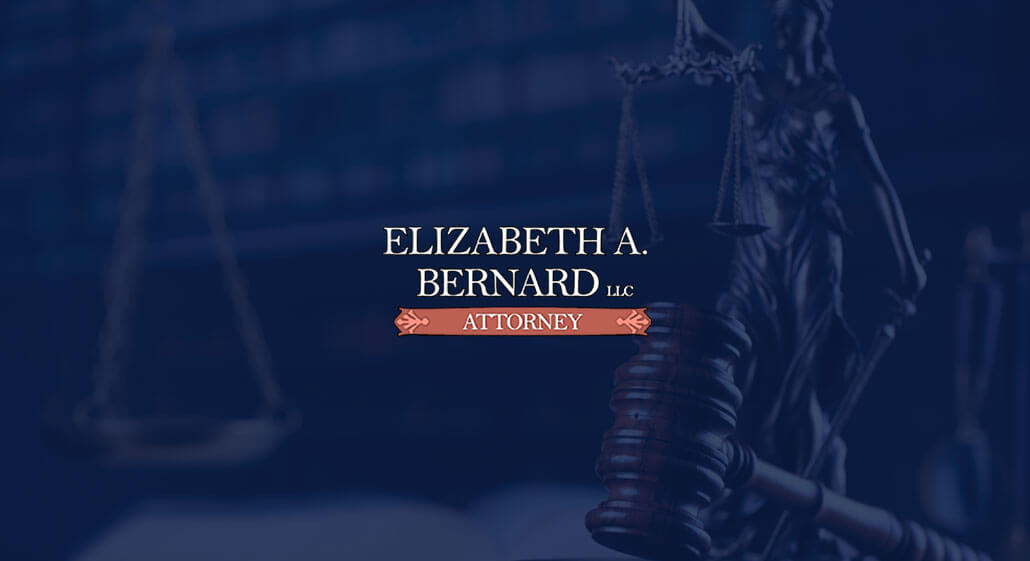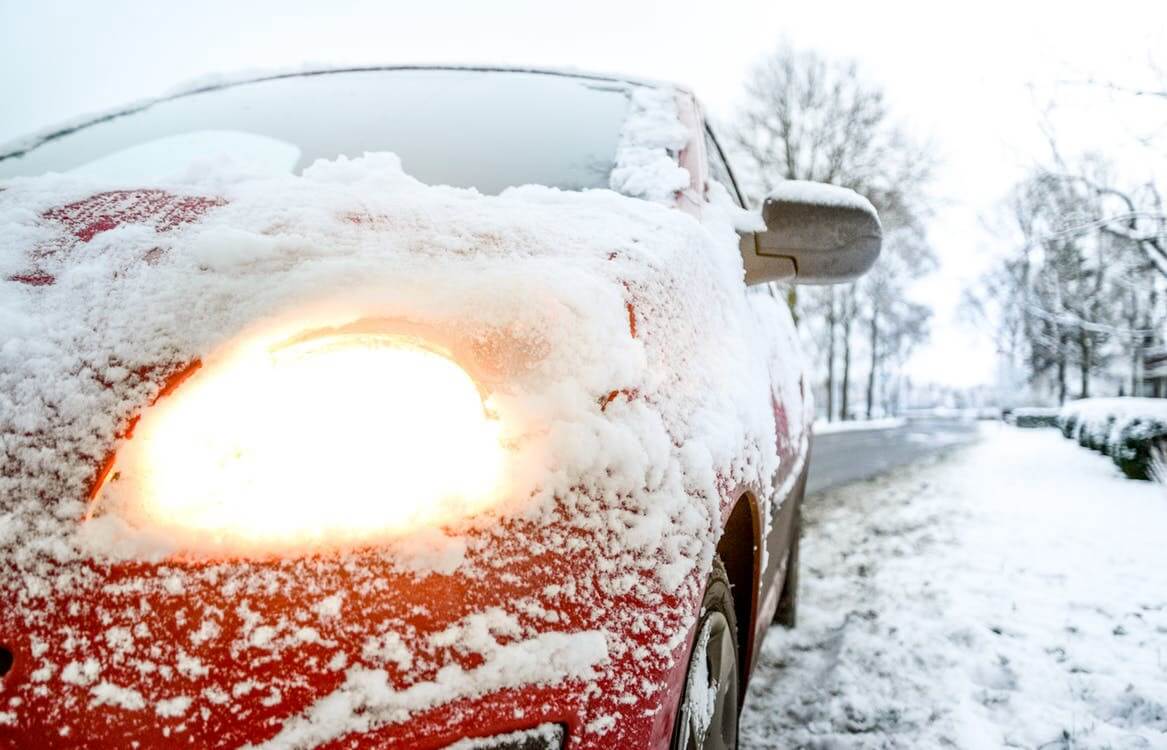When you are injured in a car accident, your first priority should be making sure you get the medical attention and treatment you need. However, there is often the additional issue of your property damage – your car and other valuables – that needs to be resolved. Unfortunately, this can often be a frustrating process.
The first thing to know is that, if your car has been towed from the scene, you should try to address your property damage claim as soon as possible. Insurance companies will pay for towing and storage charges to a point, but will not be responsible for all the storage fees if you let your vehicle sit for an extended period of time. So, your or your attorney should contact your insurance and the other driver’s insurance quickly to make sure someone is attempting to resolve the claim.
If another driver is at fault for the accident, you generally have two options – you can have your insurance company (assuming you have the proper coverage) resolve the property damage, or you can have the other driver’s company take care of the claim. Using your own insurance company may sometimes allow things to proceed more quickly, particularly when the other driver’s insurance company is disputing liability or having a hard time contacting their insured to get his version of what happened. If you use your own insurance, you may be required to pay your deductible for repairs (or, if your car is totaled, have that deductible amount subtracted from the amount you are given for the total loss). However, you will generally recover that deductible if and when your insurance company recovers their money from the other driver’s company.
Another issue that frequently frustrates accident victims involves the use of a rental car. Usually, if your claim is being handled through the other driver’s insurance company, they will allow you to use a rental car until the repairs are made or, in the case of a total loss, until they make an offer on the value of the totaled vehicle. Although you can sometimes get an extension of a few extra days in some situations, most insurance companies will not allow you to stay in a rental car indefinitely. Also, most rental car companies require that you have collision coverage before they will rent you a vehicle.
If you have purchased the appropriate coverage, you may be able to secure a rental through your own insurance, subject to the terms of your policy. If you don’t have the right coverage, though, you may be on your own.
Keep in mind that the above is just a general guide, and is not legal advice. Your own circumstances/experiences may vary. If you have any questions, contact an attorney.



